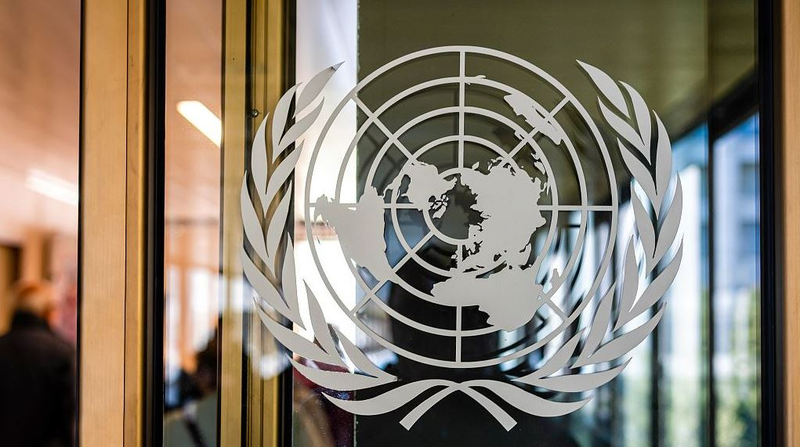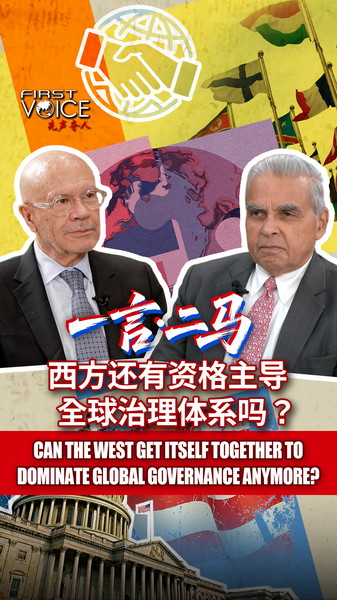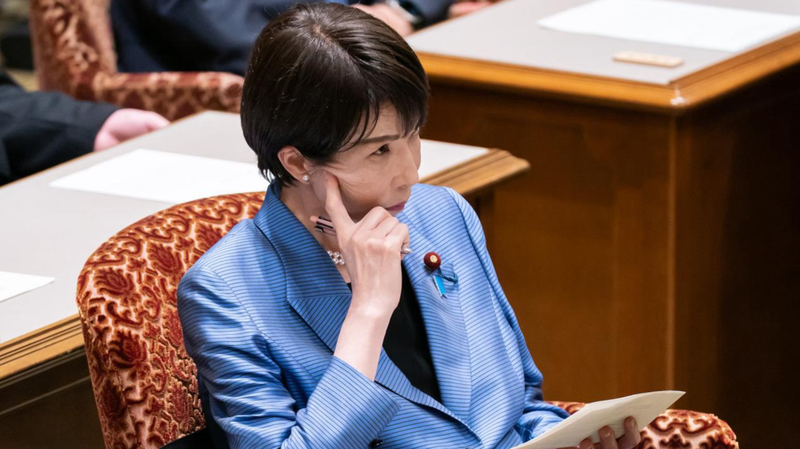On October 24, 1945, the United Nations was founded in the aftermath of World War Two. Eighty years on, this global institution remains the cornerstone of international peace and security, even as rising nationalism and unilateralism test its resolve.
In Wuhan, an event co-hosted by Wuhan University, in the Chinese mainland, and Egypt's Benha University convened diplomats, scholars, and legal experts under the theme The 80th Anniversary of the UN: World Order, International Law and the Future of Multilateralism. Attendees explored how the UN can adapt to a rapidly changing landscape.
Miguel de Serpa Soares, former UN Under-Secretary-General for Legal Affairs, emphasized that peace rests on the rule of law rather than the balance of power. After eight decades of norm building, these principles now face fresh challenges from unilateral moves in politics, economics, and security.
One critical flashpoint is the Taiwan question. From the Taiwan International Solidarity Act passed by the U.S. to unilateral attempts to change the status of China's Taiwan region, regional tensions are escalating. Zhao Shitong, Vice Minister of the Taiwan Affairs Office of the State Council, warned that challenging UN General Assembly Resolution 2758 could undermine both China's core interests and the legal foundation of international cooperation.
Huang Jin, President of the Chinese Society of International Law, observed that the UN’s original structures reflected a post-WWII world in which developing members had limited influence. As the Global South now accounts for a majority of members, the UN must modernize its procedures and priorities to address 21st-century challenges effectively.
Despite calls for reform, the UN’s founding commitments remain vital: peace, cooperation, and respect for all nations’ core interests. Strengthening multilateral action and amplifying voices from the Global South could be key to preserving the rules-based order.
Multilateralism cannot survive on rhetoric alone. It demands concrete action from all those who believe in a peaceful and cooperative world.
Reference(s):
cgtn.com




